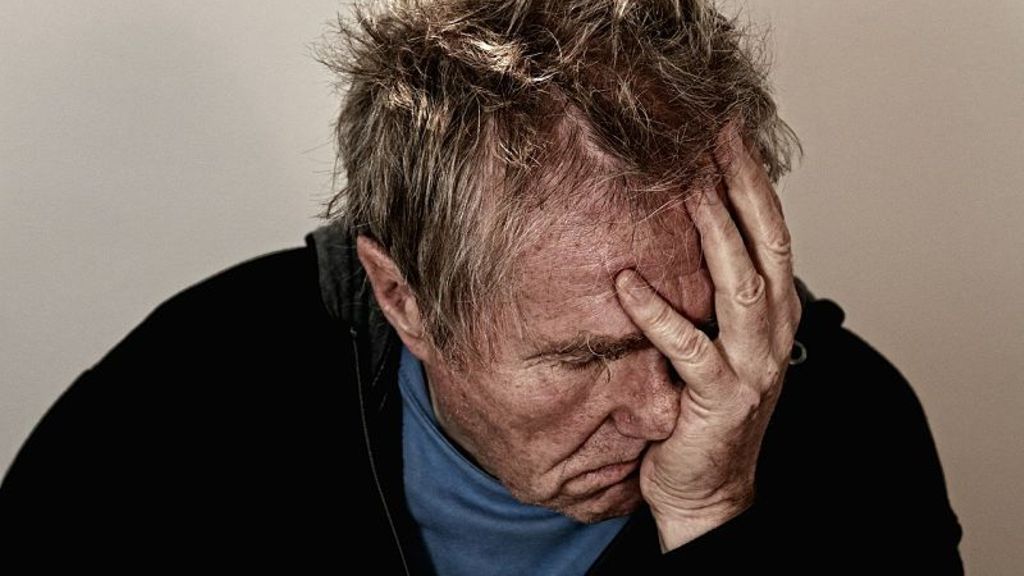The new coronavirus pandemic is affecting our daily lives in many unexpected ways. We are particularly trying to understand why some people are not heeding official advice about social isolation. I believe this relates to a particular kind of political malady that has been emerging in recent years – something we might call “crisis fatigue.”
After two decades that have almost been defined by wave upon wave of crises, it’s possible that the public has simply become immune to warnings from politicians and habitually distrustful of their claims.
I propose that crisis fatigue is a sociopolitical condition. It’s the tiredness that comes as result of the constant fear associated with repeated warnings about crisis, disaster or catastrophe. It also refers to the weakening of political or other social structures caused by repeated narratives of impending doom. That is, falling levels of trust in politicians, political institutions and political processes as a succession of crises gradually saps the public’s confidence that their representatives actually have the ability to respond.
There’s no doubt that COVID-19 represents a global health pandemic. Its implications for older and vulnerable people are stark. It feels like a war without a conventional enemy. There is a certain fearfulness and uncertainty “out there” which is itself almost tangible. Nevertheless, there continues to be a problem with people not taking seriously the advice to stay indoors.
It’s hardly surprising that politicians and senior officials are responding with exasperated frustration. And yet I can’t help wondering if part of the problem is that the notion of crisis has simply become the new normal, particularly for millennials. Life for them must be a bit like living through a Billy Bragg song: “Crisis after crisis, with such intensity.”
Since the millennium, they’ve survived against a backdrop of global financial crisis, mass refugee movement, violent revolutions in the Middle East, constant terror threats, a succession of global pandemics – SARS in 2003, bird flu in 2005, swine flu in 2009, MERS in 2012, Ebola in 2014 and now COVID in 2019. They absorb doom-laden narratives about globalization and suffer from the growth of economic precarity. They hear about the “death” or “end” of democracy and catastrophic climate change. Is it any wonder that mental health and well-being services are generally discussed in crisis-laden terms?
Coronavirus brings an additional layer of pressure, strain and stress on sections of society that were already feeling anxious or were struggling to survive.
‘Liquid fear’
Many people now simply live in fear all the time. Life resembles a constant flow of crises and disasters – real, perceived and artificially engineered for gain. All too often this fear appears to defeat enlightenment ideas about human progress. I can’t help but think about my old friend Zygmunt Bauman and his notion of “liquid fear”:
Modernity was supposed to be the period in human history when the fears that pervaded social life in the past could be left behind and human beings could at last take control of their lives and tame the uncontrolled forces of the social and natural worlds.
The sunlit uplands have turned into a fool’s paradise. We live in a state of constant anxiety about the dangers that lurk in an unattended suitcase, the rarity of snow – and now, even a cough or a sneeze. The emergence not of free, but of fearful, societies seems to be the crowning achievement of the 21st century so far.
As Ben Debney, a specialist in moral panics, has recently explained:
Crisis has long had political uses for ruling groups … elites and their intellectual courtiers often manufacture crises themselves … Where not directly complicit themselves in the process of engineering crises for political purposes, elites and their ideological lickspittles reveal time and time again a tenacious capacity to exploit legitimate crises. Much about the global response to the COVID-19 pandemic reflects this historical truism.
Think, for example, of US President Donald Trump’s repeated attempts to label it “a foreign virus” or “the Chinese virus.” Naomi Klein has already identified the rapid emergence of a form of “coronavirus capitalism,” whereby governments around the world are busily exploiting the crisis to push for no-strings-attached corporate bailouts and regulatory rollbacks. Winners will keep on winning and losers will just have to survive.
It’s also important to note that living in a perennial state of crisis or emergency cannot be seen as living in a free society. The Italian philosopher Giorgio Agamben has made this point with more precision than I ever could in his analysis of “the state of exception.” He believed that the tendency for governments to use crisis conditions as a justification for claiming exceptional powers for themselves has become normalized.
The bigger background question that coronavirus highlights – and one which needs to be grappled with as soon as possible – is how we move away from a dominant “culture of crisis” and begin to nurture a more balanced and sustainable way of living together.
Published on Social Science Space April 8, 2020 By Matthew Flinders
About Matthew Flinders
Matthew Flinders is professor of politics and founding director of the Sir Bernard Crick Centre for the Public Understanding of Politics. He is also president of the Political Studies Association of the United Kingdom and a board member of the Academy of Social Sciences.








